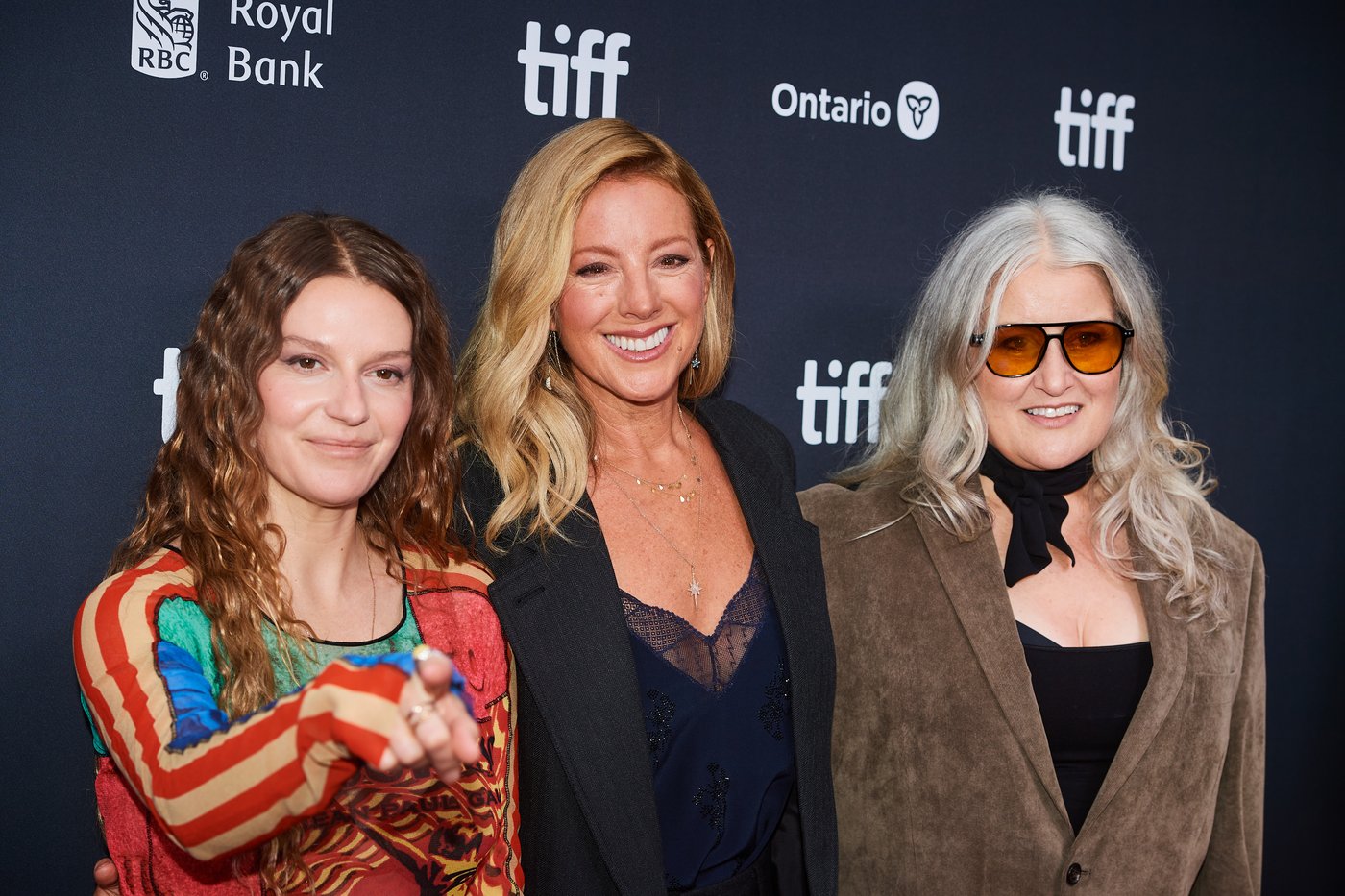Elevate your local knowledge
Sign up for the iNFOnews newsletter today!
Sign up for the iNFOnews newsletter today!
Selecting your primary region ensures you get the stories that matter to you first.

TORONTO — Sarah McLachlan says preparing for a new documentary about the legacy of Lilith Fair kicked up emotions she hadn’t felt in years.
While she’s frequently asked about her groundbreaking all-female concert tour of the late ’90s, the singer-songwriter says it wasn’t until she began flipping through her old daily diaries that she started to cry.
And they weren’t tears of joy, she says, but frustration.
“I cried a number of times,” she said in a recent interview.
“The takeaway from that was — though it was fun and amazing — there was this constant intensity that was so overwhelming.”
“Lilith Fair: Building a Mystery,” streaming on CBC Gem, recalls those feelings as it considers how McLachlan’s festival helped shatter barriers for women in music, at a time when they were often sidelined, dismissed or faced outright hostility.
It also shows the incredible pressure McLachlan was under as outsiders mocked the tour’s success.
At its peak, Lilith Fair faced a steady barrage of criticism in the media for being staunchly feminist, and its pro-choice stance on abortion rights led to bomb threats.
McLachlan says her diaries brought all those memories back to the forefront.
“There was this constant intensity that was so overwhelming,” she said.
“As a Canadian girl, who was brought up to smile … always be nice and don’t rock the boat — you know, it was a challenge for me to figure out how to navigate that and stay true to myself,” she added.
She was also reminded of the daily pre-show press conferences in each city, where local reporters would speak with a panel of the women performing that night.
“The constant question was, ‘Why do you hate men?'” McLachlan said.
“Typically (it was) only from male journalists and male DJs, I will say. I didn’t know how to respond to that because I’m like, what does celebrating women have to do with hating men?”
Filmmaker Ally Pankiw digs into those experiences using a deep archive of rarely seen footage from the festival, and new interviews with many performers who played the tour, including Erykah Badu, Paula Cole, Jewel and Sheryl Crow.
The film’s producer Dan Levy also shares how the festival impacted him as a teenager, while pop singer Olivia Rodrigo speaks with wonderment about the celebrated tour. The 22-year-old wasn’t born until several years after the original Lilith Fair’s final concert in Edmonton on Aug. 31, 1999.
Pankiw says hearing stories about the pushback endured by McLachlan and her tour mates brought back memories of her own challenges getting started as a young woman in the film industry. She first worked as a music video and commercials director before taking on bigger projects, such as Mae Martin’s Netflix series “Feel Good.”
“I think as female artists — othered artists — you’re up against a lot of doubt,” Pankiw said.
“You’re not often looked at as an opportunity. You’re looked at as a risk.”
Whether the world has changed much since Lilith Fair is a question that lingers in the documentary as some of the musicians ponder if the concept could be resurrected. There was an ill-fated 2010 revival, which sputtered due to slow ticket sales, but the film only mentions its failure in passing.
McLachlan says if a Lilith Fair-style tour were to happen again, “it would need to be spearheaded by an artist of today.”
“I’m 57, I’ve had my day in the sun,” she said.
Other female musicians already carry the spirit of Lilith Fair in their own way, she added, pointing to Grammy-winner Brandi Carlile as one who comes to mind.
“Taylor Swift, in her massive platform, always has women open up for her,” she said.
“I think there’s many situations where women are now feeling like they can, and want, to bring other women alongside.”
This report by The Canadian Press was first published Sept. 17, 2025.
This site is protected by reCAPTCHA and the Google Privacy Policy and Terms of Service apply.
Want to share your thoughts, add context, or connect with others in your community?
You must be logged in to post a comment.